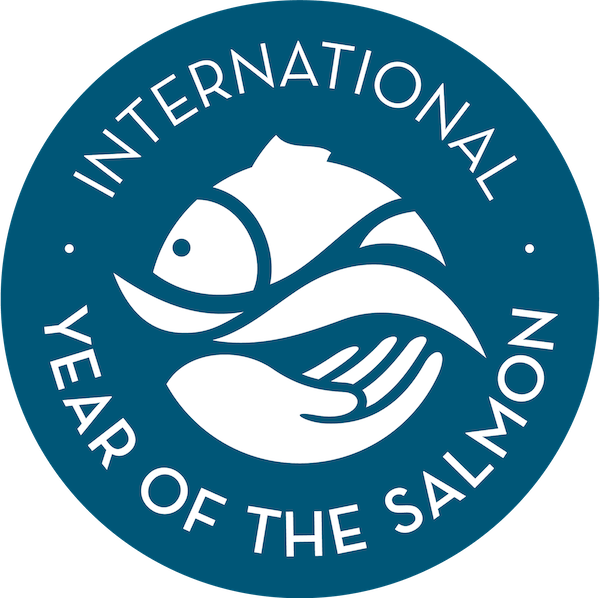Salmon sleuths on the hunt for “likely suspects”
The International Year of the Salmon aims to bring people together to share and develop knowledge more effectively, raise awareness and take action
The International Year of the Salmon (IYS), which launches in Vancouver tomorrow, will involve an exhaustive hunt for the “likely suspects” impacting the iconic species at every stage of its lifecycle.
A small army of fish sleuths, on both coasts of Canada will be involved in identifying the likely suspects behind the high mortality rates of salmon, to prompt specific, testable scientific hypotheses about the factors influencing the species decline.
Each factor that influences survival (i.e. the “likely suspects”) will be linked dynamically in such a way that the cumulative effects of these factors could explain the variations in survival of different year classes of salmon.
“The likely suspects framework is a key initiative of the IYS,” Mark Saunders, director of the International Year of the Salmon told SeaWestNews.
Its aim is to bring together a legacy of knowledge, tools and a new generation of scientists and decision-makers empowered to sustain salmon and the ecosystems they depend on.
“Through partnerships, the International Year of the Salmon will connect scientists, Indigenous Peoples, fishers, policy makers, harvesters and resource managers to create an intense burst of outreach and research that will enhance the effectiveness of their efforts to conserve and protect salmon.”
“We want to bring people together, share and develop knowledge, raise awareness and take action that will help us to stabilise and over time, reverse the decline of this important species,” said Saunders.
He said 2019 is the focal year of the International Year of the Salmon with the intention that outreach and research will continue through to 2022.
John Paul Fraser, the executive director of the BC Salmon Farmers Association described IYS as a global opportunity to study, share ideas and celebrate salmon.
“We are proud to be a leading sponsor of this global opportunity and we will do our part to welcome input and educate citizens about our industry’s commitment to wild salmon restoration and to the farming practices and values that contribute to that,” he said.
“That comes from providing more tours and enhanced learning opportunities, supporting independent science and innovation, and assisting community groups who are making a difference,” said Fraser.
The International Year of the Salmon aims to:
- develop a better understanding of the factors driving salmon abundance and the challenges facing them;
- encourage scientists, decision-makers and the public to work towards solutions that overcome the challenges salmon face;
- support conservation and restoration strategies to help manage salmon in the face of climate change;
- enable collaboration among organizations and researchers in countries throughout the Northern Hemisphere;
- inspire and support a new generation of researchers and managers, and conservationists;
- help create a greater awareness of the ecological, social, cultural and economic value of salmon; and
- support research and conservation of salmon species and their environments throughout the Northern Hemisphere.
The International Year of the Salmon (IYS) will be formally announced in the North Pacific by the North Pacific Anadromous Fish Commission (NPAFC) on October 11, 2018 in Vancouver.
Speakers include Jonathan Wilkinson, Minister of Fisheries, Oceans & Canadian Coast Guard, John Horgan, the Premier of British Columbia. There will also be a traditional welcome from Chief Wayne Sparrow (Musqueam Indian Band) on behalf of the three local First Nations (Musqueam, Squamish, and Tsleil-Waututh Nations). The announcements can be watched live on Facebook Live (@yearofthesalmon) from 10:30 am to 12 pm.
Related Links:
The International Symposium on Aquatic Animal HealthSea it!
British celebs go naked to fight overfishing
Salmon farmers cut antibiotic use by 50 percent: report

